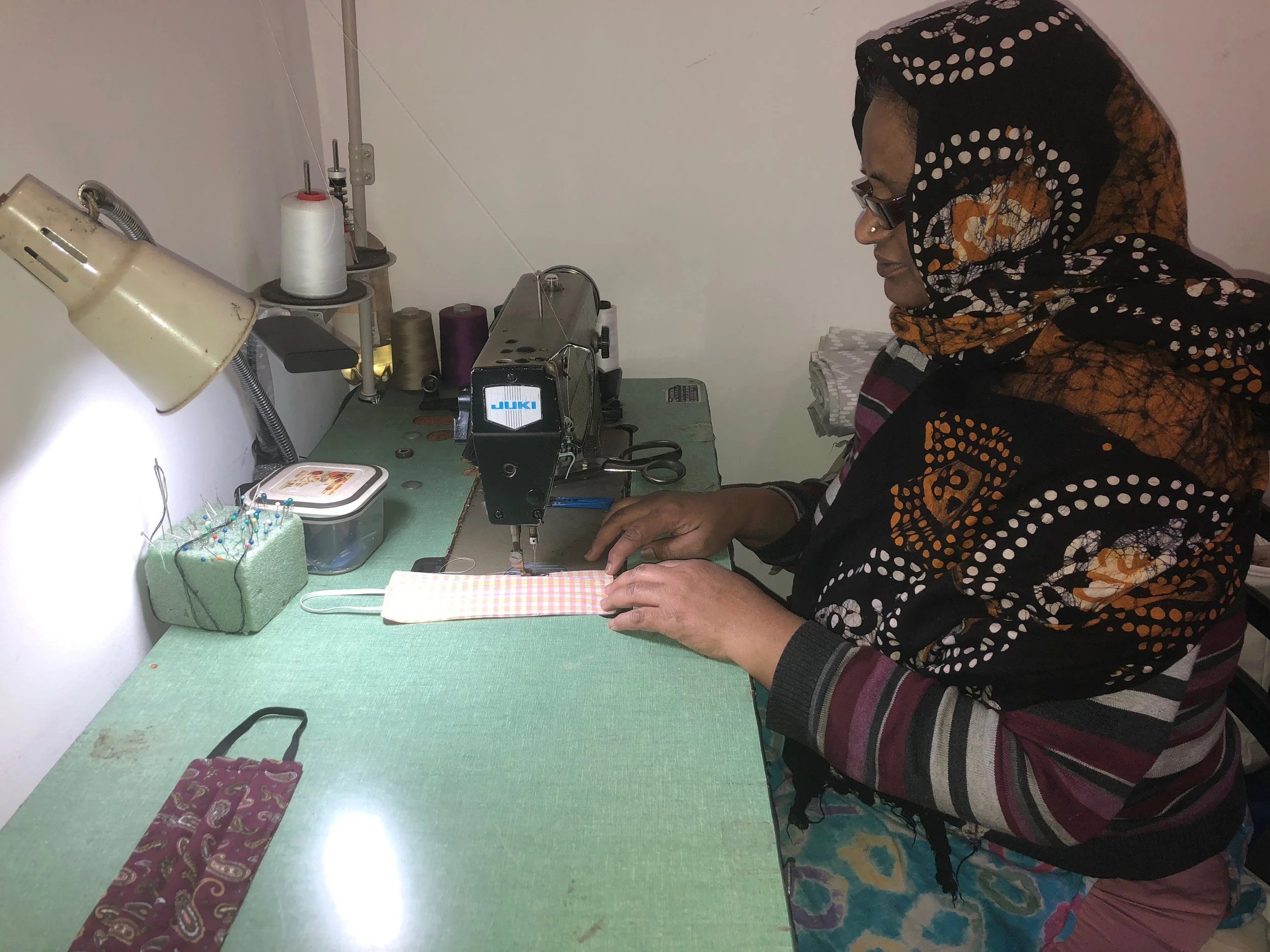Queens Artisan Collective: Fair Trade & Sustainable Sewing Cooperative
Bangladeshi immigrant artisans lead fair-trade craft and sustainable design.
Location: Queens, New York, USA
Timeline: 2019–2023
Partners: Artisans Sewing Coop NYC, Sisters Creation, Nest (grant funder)
Beneficiaries: 40+ home-based Bangladeshi immigrant women artisans
Focus Areas: Fair trade, sustainable fashion, zero-waste, heritage textiles, community development, immigrant empowerment
The Challenge
Many Bangladeshi immigrant women in NYC face low-income employment, limited English, and care responsibilities, which restrict their access to fair, dignified work. Traditional fashion supply chains rely on mass production and exploitative labor, leaving these skilled artisans excluded from meaningful opportunities. Additionally, heritage textiles are often discarded, resulting in cultural and environmental loss. There was a need for a sustainable, community-centered model that combined fair wages, skill-building, and creative expression.
What We Did
Partnered with home-based artisans to co-design sustainable, zero-waste products using heritage textiles.
Provided fair wages and training in sewing, embroidery, beadwork, weaving, and product development.
Produced PPE during COVID-19, delivering essential supplies to NYC mutual aid groups while supporting artisans’ incomes.
Built capacity for e-commerce and marketing, including developing websites for Artisans Sewing Coop NYC and Sisters Creation.
Hosted workshops blending storytelling and textile preservation for NYC South Asian survivors to engage community and culture.
Simplified product designs to accommodate home-based production and ensure quality standards.
Impact
Artisan engagement: 40+ women trained and employed in sustainable, fair-trade fashion.
Community support: Produced hundreds of PPE masks during COVID-19, benefiting local mutual aid networks.
Cultural preservation: Upcycled heritage textiles, embedding immigrant histories into marketable products.
Economic empowerment: Provided living wages, flexible schedules, and entrepreneurial mentorship, promoting long-term sustainability.
Lessons Learned
Home-based artisan work requires simple product designs, continuous training, and mentorship to maintain quality and consistency.
Community-centered design fosters ownership, pride, and sustainability among artisans.
Partnerships with local organizations, activist networks, and mutual aid groups strengthen impact, resilience, and market access.
Quote
“Through Queens Artisan Collective, I can work from home, earn a fair wage, and share my traditional sewing and embroidery skills while supporting my family.” — Member of Artisan Sewing Cooperative

